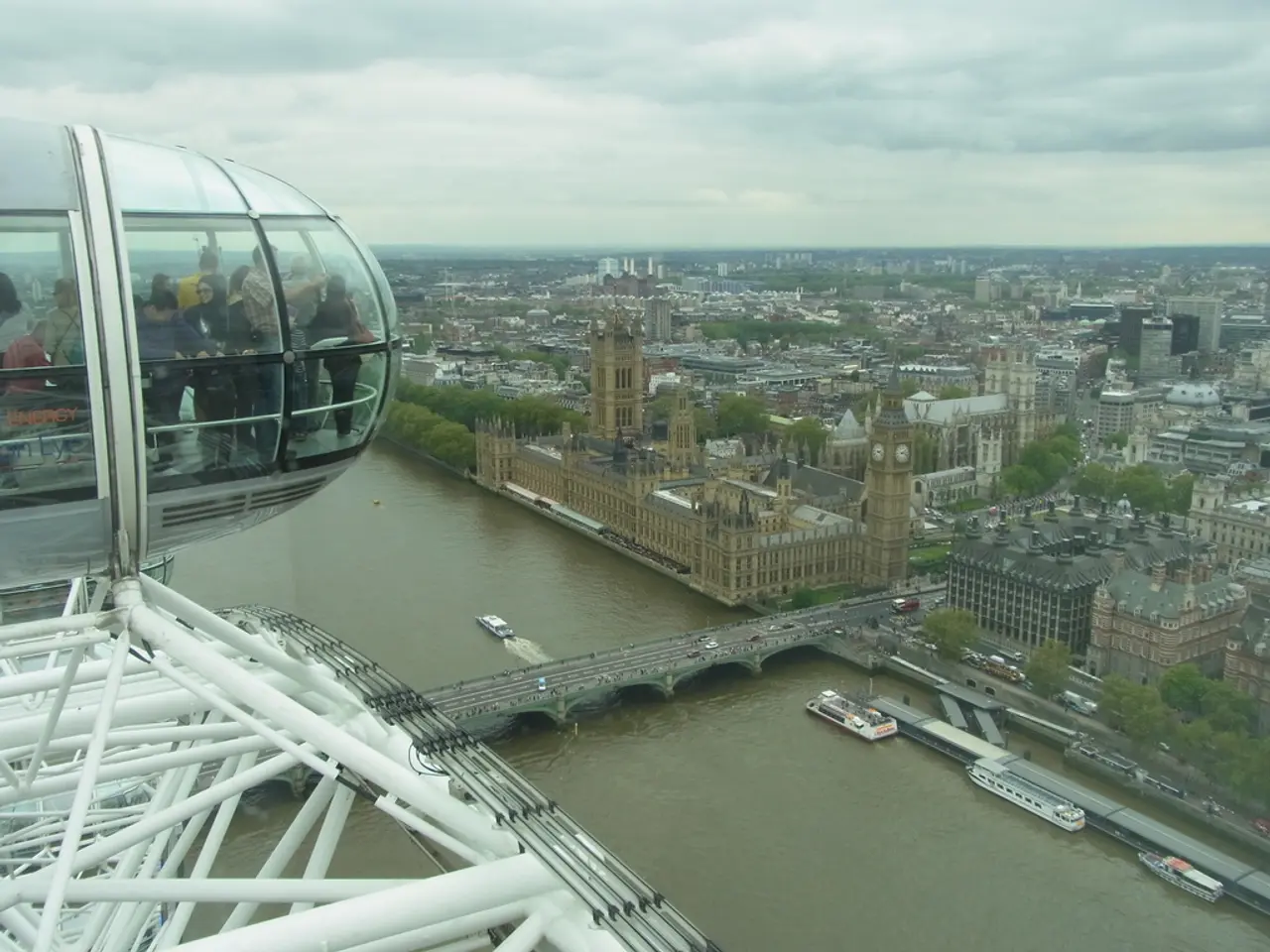Increasing Fiscal Reserves Could Bolster Reeves' Financial Credibility
Here Comes the Stealth Tax Raid
Chancellor Rachel Reeves might need to beef up her budget surplus beyond the £9.9bn mark in the fall to regain credibility and finance policy reversals, warn economists. This prediction has set the stage for some potentially unloved tax increases in the near future.
At the Spring Statement, the government managed to slash costs by £4.8bn thanks to proposed welfare reforms—a last-minute attempt to preserve Reeves's fiscal buffer. However, a backlash from legislators has forced the government to backtrack on reforms. For instance, they've chosen to protect recipients of the personal independence payment (PIP) indefinitely and soften changes to Universal Credit[1].
Ben Caswell, Senior Economist at the National Institute of Economic Social Research (NIESR), voices concerns that Reeves's sought-after surplus could vanish if the initial version of the welfare bill fails to pass. The Institute for Fiscal Studies estimates that fresh proposals on PIP will cost the government £1.5bn[2].
Additionally, the Labour government has partially reinstated winter fuel payments, adding an extra £1.25bn to the government's expenses[3]. The latest alterations to the welfare bill are just the latest in a string of modifications. The government's decision to take control of British Steel will reportedly cost the government around £900m, according to an early estimate by the Office for National Statistics (ONS)[4].
Caswell suggests that Reeves might need to contemplate imposing "unpopular tax hikes" later in the year to quash speculation about fiscal policy in the run-up to future budgets[2]. Reeves and Keir Starmer have pointed to foreign economic threats and a rapidly changing world as reasons for instability. However, Caswell attributes the economic uncertainty faced by businesses and investors to the UK government's fragmented policy approach[2].
Shadow Chancellor Mel Stride criticizes the "drastic U-turn" on welfare as marking "another unfunded spending commitment" that will put a strain on taxpayers[5]. Before changes to the welfare bill, city analysts had already anticipated that the Chancellor was likely to boost taxes later this year.
KPMG economist Yael Selfin estimates that Reeves would need to raise taxes by around £20bn to plug the funding gap[2]. Capital Economics predicts the total tax hikes could amount to as much as £23bn[2]. To regain credibility following previous government missteps, Reeves has emphasized adhering to her no-nonsense fiscal rules, which prioritize funding daily spending with tax receipts rather than borrowing[1][2]. This means that any policy reversals or additional spending plans would need to be financed through such tax hikes to maintain fiscal discipline[1].
By freezing income tax thresholds, more taxpayers would be pushed into higher tax brackets over time as incomes rise, effectively increasing revenues without raising headline rates[2]. This "stealth" tax increase method could generate a significant £40bn to help fill the government's funding gap[2].
- The predicted surplus that Chancellor Rachel Reeves aims to achieve might not be enough due to potential tax increases, according to economists.
- The imposition of unpopular tax hikes later in the year could be a possibility for Chancellor Rachel Reeves to maintain fiscal discipline.
- The officials' decisions on welfare reforms and changes to Universal Credit have already raised speculation about further tax increases.
- The potential tax increases are a topic of concern and discussion in the realm of politics and general news, as they have the potential to impact both businesses and individual taxpayers.






